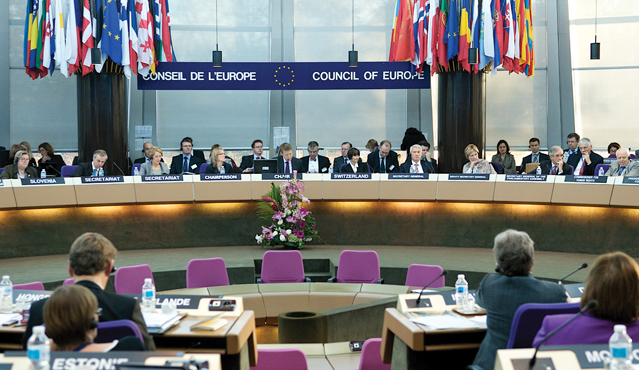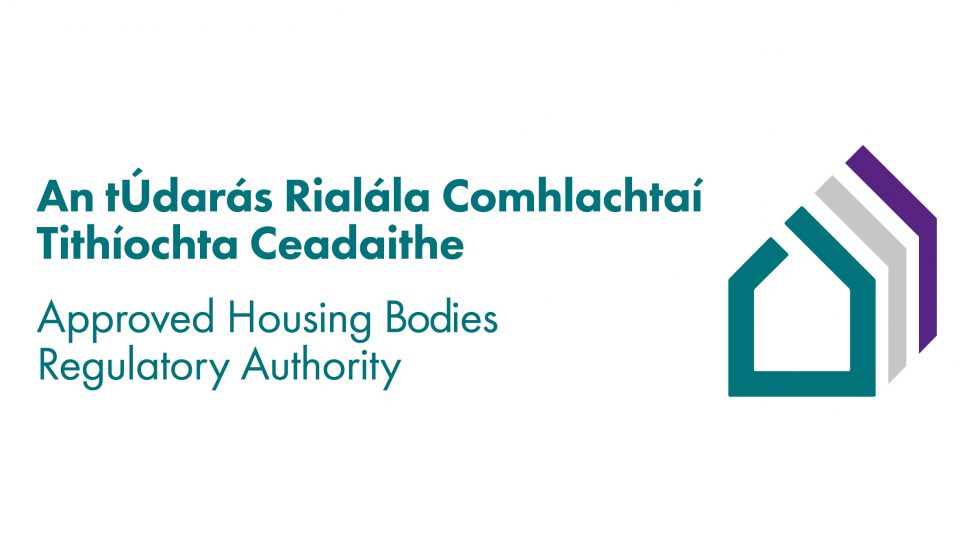
Building and sustaining good partnerships is key to housing provision
1st June 2021
Approved Housing Bodies are key to growth of social housing sector in Ireland
1st June 2021Irish local authority housing “inadequate” says Council of Europe

A report by the Council of Europe has found local authority housing standards in Ireland to be “inadequate” and stated that the State’s treatment of local authority tenants and Travellers is violation of their rights.
The report, compiled by the Council of Europe’s European Committee of Social Rights (ECSR), found that the State has continually violated the human rights of both Travellers and local authority housing tenants by providing inadequate housing that is damp and mould- and rat-infested. The ECSR states in the report published in March 2021 that “local authority housing tenants continue to live with inadequate housing” and many Traveller sites “are in poor condition, lack maintenance and are badly located”.
The Council of Europe has previously ruled that Ireland was in violation of Article 16 of the European Social Charter, doing so in 2015 with regard to the State’s treatment of Travellers and again in 2017 due to the violations of rights of local authority tenants. The March 2021 report was published in the context of the Council’s monitoring of Ireland’s progress towards compliance with the charter, which the State first ratified in 1964, later ratifying a revised version in 2000.
Article 16 of the European Social Charter states that “the family as a fundamental unit of society has the right to appropriate social, legal and economic protection to ensure its full development”, which includes the “provision of family housing”. In both 2015 and 2017, the State was found to be in violation of this right and in both cases, the ECSR has found that Ireland “has still not been brought into conformity” with the charter. Rulings from the ECSR are seen as legally binding on the states concerned, although they are not justiciable in domestic courts.
The absence of a national monitoring system for the quality and condition of local authority housing was one of the key failures highlighted by the progress report, which also stated that the legal protections for the right to housing for families in Ireland is inadequate. The State’s adoption of a number of measures in a bid to conform to the 2017 progress report was welcomed within the report, but it still found that Ireland was not providing adequate housing for a significant number of families. The efforts made by the State toward the development of more social housing and regeneration projects, as seen in plans such as Rebuilding Ireland and the National Development Plan, were also acknowledged by the report.
The report makes note of how the Irish Government has embarked on a number of initiatives such as the National Traveller Accommodation Consultative Committee (NTACC), the statutory body appointed to advise the minister in relation to any matter concerning accommodation for Travellers, which was founded in 2020 under the Housing (Traveller Accommodation) Act 1998. An Expert Group on Traveller Accommodation was established in September 2018 to make recommendations that will improve the delivery of Traveller accommodation nationally.
The Expert Group returned its 32 recommendations in July 2019. Figures provided to Sinn Féin housing spokesperson Eoin Ó Broin TD showed that more than €4 million of funding allocated to Traveller accommodation had gone unspent in 2019. €8.6 million of the fund was spent in 2019, with local authorities not applying for any funding, eight local authorities overspending their allocations and 10 local authorities not spending anything. A total of 117 families were said to be living roadside in the 10 local authority areas where no money was spent on Traveller accommodation.
Department data showed there are more than 1,000 Traveller families living in “unsafe, insecure, or overcrowded conditions” in 2019. In 2018, a total of 591 families were on unauthorised sites, typically on roadsides, and usually without running water, toilets, or secure electricity. A further 927 were sharing accommodation with other families.
In 2020, the entire Traveller accommodation budget, some €14.5 million, was drawn down for the first time since 2014, ending with a €500,000 overspend, bringing the total spend to €15 million. Since the turn of the century, some €69 million earmarked for Traveller accommodation has gone unspent.
One-in-four Traveller households consist of more than six people, as compared with a one-in-20 rate for the general population. Traveller advocacy groups have long argued that overcrowded accommodation and a lack of housing is forcing Travellers to move into caravans, which puts them at risk of eviction notices. Eviction notices can have a significant impact on the mental health of families and children, who are already in a vulnerable position, the report says.
“Legal aid does not extend to eviction proceedings, which can have a disproportionate impact on Travellers. Furthermore, evictions can often take place in the evening, which means that Travellers cannot access legal advice in a timely manner,” it states.
On the issue of local authority housing, the ECSR writes that while steps have been taken towards the improvement of housing conditions, including through increased retrofitting and regeneration schemes, “substantial limitations” remain to the provision of “adequate accommodation to a large number of families who continue living in substandard local authority housing”.
The report makes specific mention of the submission from Community Action Network, an NGO which supported tenants in Dublin, Cork, and Limerick to take their case to the ECSR, which said responsibility for adequate social housing could not be laid solely at the door of local authorities, and that the State must also play a role.
“It is for the State to undertake general supervision at national level to ensure in a consistent manner that all local authority dwellings across Ireland are of adequate quality,” the report states. “The legal framework for the right to housing for families in Ireland is insufficient, local authority housing tenants continue to live with inadequate housing standards and there are no national statistics on the conditions of local authority housing stock.”
The ECSR’s observations were published alongside those for seven other EU states. The reports stated that the Article 16 rights of Travellers, Roma or Sinti communities were found to be violated in every EU state except for Finland.







